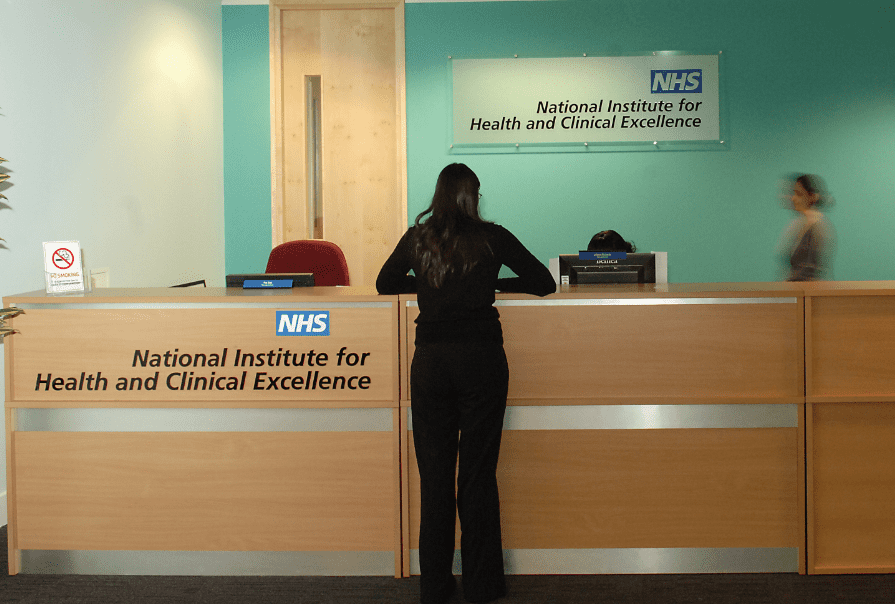
NICE to assess high cost drugs for rare conditions
pharmafile | July 24, 2012 | News story | Sales and Marketing | AGNSS, NHS, NICE, Rawlins, rare conditions
NICE is to be responsible next year for assessing high cost drugs for people with rare medical conditions as part of the changes brought in by the Health and Social Care Act.
The watchdog will take over the work from the Advisory Group for National Specialised Services (AGNSS) in April, after which AGNSS will cease to offer formal advice to ministers.
NICE will recommend which drugs the NHS Commissioning Board – created by the Act – should take on as part of its new role of national commissioner for specialised services.
“Our decision to give this work to NICE from April 2013 means that there will be a robust, independent and transparent assessment of these drugs,” said health minister Lord Howe.
Describing it as “an important strand of work…which needs to be properly secured for the future”, Howe added: “NICE has built up a richly deserved international reputation for its work.”
Such warm comments are a far cry from Howe’s more chilly tone two years ago when discussion of the government’s radical health reforms was raging through Westminster, Whitehall and the media.
In October 2010 he confirmed – as InPharm had predicted – that NICE was to be stripped of its powers to recommend which drugs the NHS should pay for.
At that time he said the cost effectiveness body had become ‘redundant’ and would be “moved gradually away from single health technology assessments towards the formulation of quality standards”.
Barely eight months later, the government made one of a series of U-turns, saying it was now ‘committed’ to using NICE’s recommendations – in part because not to do so would be a breach of the NHS Constitution.
Taking over the AGNSS work is a further endorsement for an organisation which looked as if it was on the brink of being sidelined.
“We are looking forward to taking on this new role,” said NICE chairman Professor Sir Michael Rawlins.
“As with all our work, we will be consulting widely with patients, carers, clinicians, commissioners and industry to ensure that we develop a robust and transparent process for making decisions about these highly specialised drugs,” he added.
AGNSS had its own decision-making framework and NICE is expected to develop interim methods for the first few assessments before a consultation exercise in 2013-14.
The Board will be responsible for levels of funding in commissioning all specialised services, including those for people with very rare conditions – but ministers have the final say.
The NHS Commissioning Board Authority is working with AGNSS to see how it might receive clinical advice on these services in future.
Adam Hill
Related Content

NHS accepts Pfizer’s tafamidis for ATTR-CM treatment
NHS England has announced that it has accepted Pfizer’s drug, tafamidis, for the treatment of …

NICE recommends migraine treatment for NHS use
The National Institute for Health and Care Excellence (NICE) has shared draft guidance recommending AbbVie’s …

GSK’s Jemperli recommended by NICE for endometrial cancer treatment
GSK has announced that the National Institute for Health and Care Excellence (NICE) has recommended …







